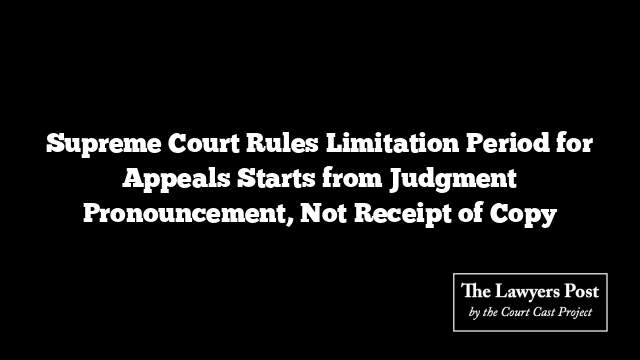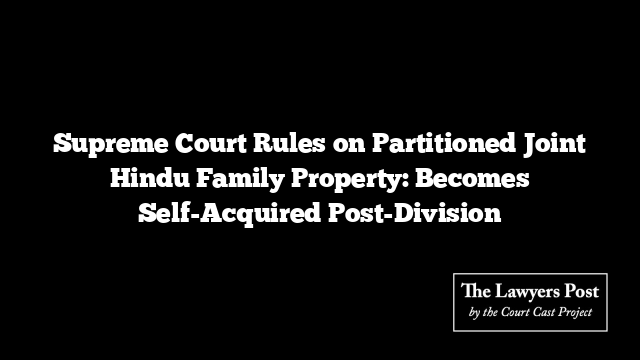In a pivotal ruling concerning the notorious ‘Kannagi-Murugesan’ honor killing case from Tamil Nadu, the Supreme Court has emphasized that a witness’ testimony, even when hostile, cannot be disregarded entirely. The Court clarified that it is the responsibility of the trial court to assess which parts of a hostile witness’s evidence are credible and relevant.
The bench, consisting of Justices Sudhanshu Dhulia and PK Mishra, upheld the life sentences of eleven individuals convicted in connection to the tragic deaths of S Murugesan and D Kannagi. The Court also dismissed appeals from two police officers accused of fabricating evidence in the case.
While addressing the issue of witnesses turning hostile, the Court rejected the argument made by the defense that contradictory statements from witnesses—who had previously testified before police or magistrates—automatically rendered them hostile. The Court noted that whether a statement should be accepted or not lies within the purview of the trial court.
“The term ‘hostile witness’ has become ingrained in legal vocabulary, and while we recognize its practical use, it’s important to note that not every witness who contradicts part of a case should be automatically deemed hostile,” the Court stated. It further explained that cross-examination of one’s own witness, even without a formal declaration of hostility, is permitted under Section 154 of the Evidence Act, provided the court grants leave.
The ruling stressed that even a witness who has been cross-examined cannot have their entire testimony discarded. Instead, the court must carefully discern what portions of the testimony may still hold value, particularly when those parts are corroborated by other credible evidence. “Part of the evidence from a hostile witness, when supported by other reliable information, remains admissible,” the Court explained.
The case itself revolved around the brutal murder of the inter-caste couple, S Murugesan and D Kannagi, who were killed by Kannagi’s father and brother in an honor killing. The couple had secretly married despite societal opposition—Murugesan, a Dalit, and Kannagi, from the Vanniyar community. Their tragic deaths by poisoning were followed by the burning of their bodies, a case that ultimately drew national attention and was later taken over by the CBI after initial investigative mishandling.
Despite challenges to the credibility of key prosecution witnesses, the Court rejected claims that their familial ties to the victims rendered them unreliable, emphasizing that their testimonies were vital to the case. Furthermore, the Court acknowledged the role that delays in the judicial process often play in contributing to witnesses turning hostile, citing the 18-year gap between the crime and the final judgment.
Alongside its ruling, the Supreme Court directed that a compensation of Rs 5 Lakhs be awarded to Murugesan’s father and stepmother as a measure of redress.





